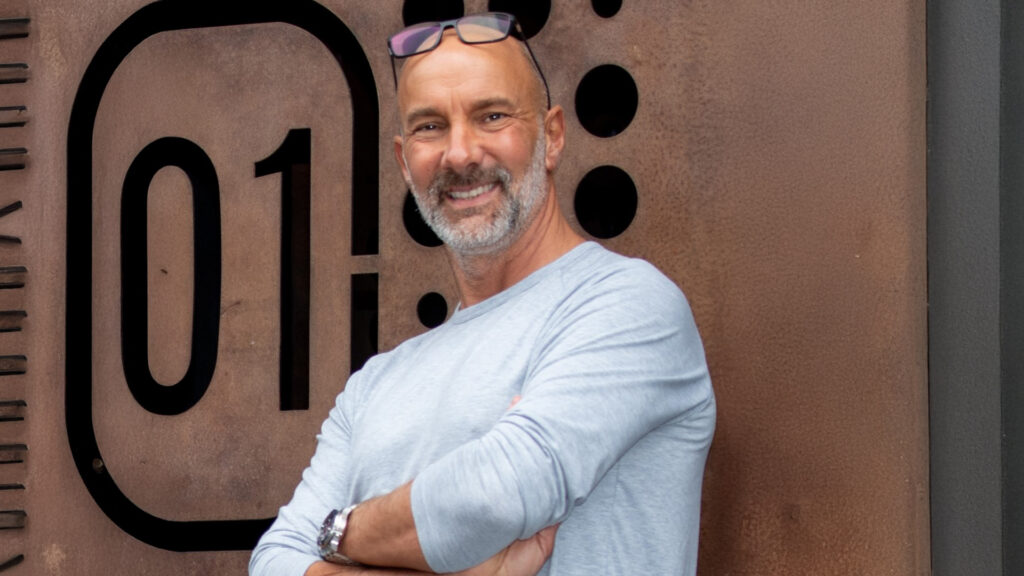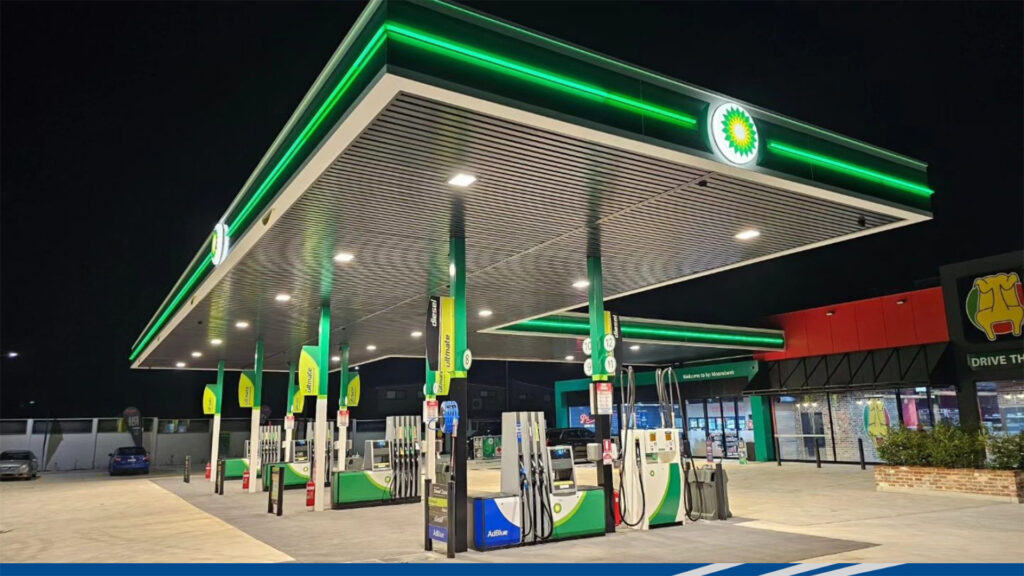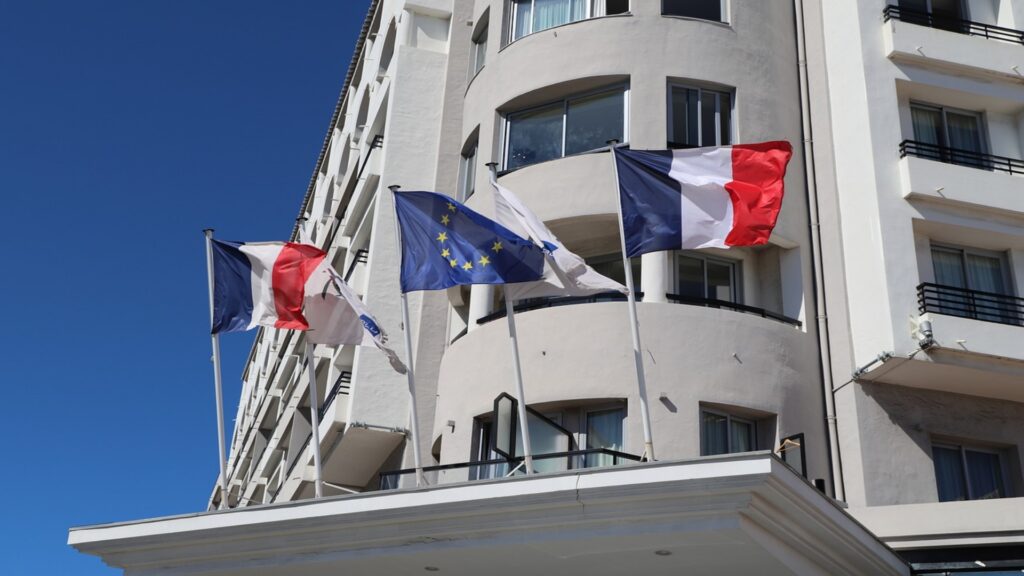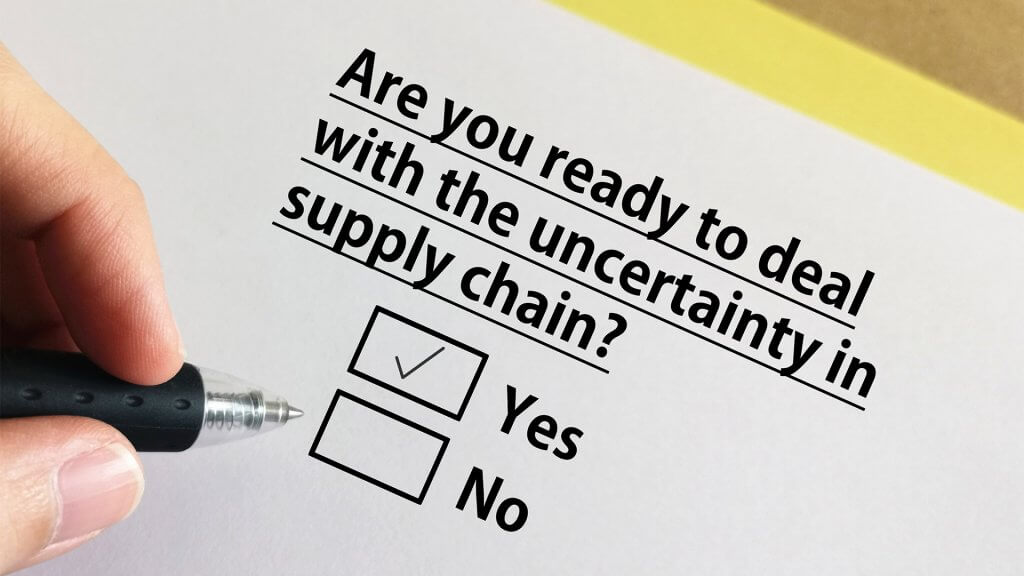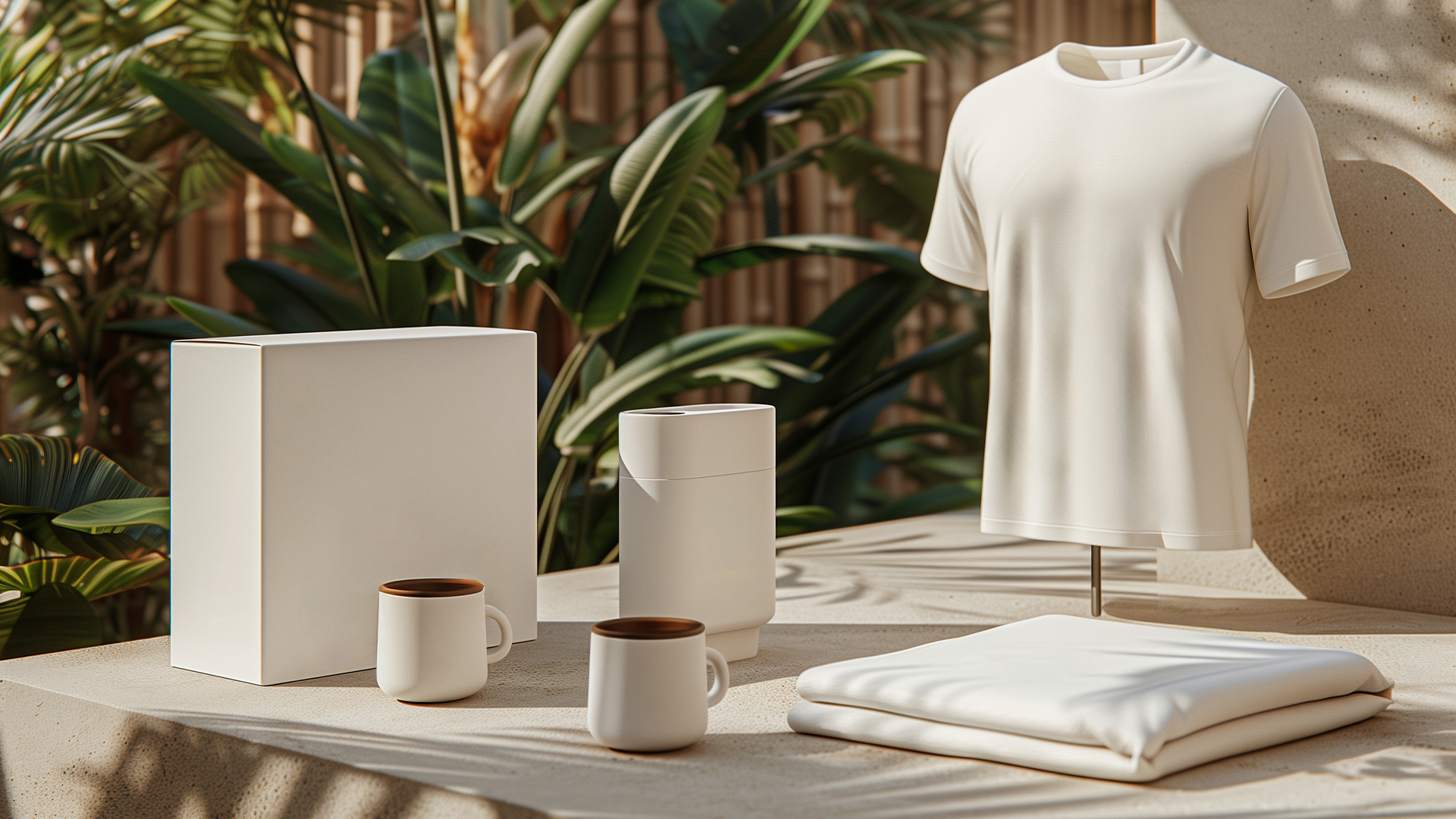
By Phil Goodman, CEO, BPMA.
As Love Island returns once again to our television screens in June, the public’s anticipation isn’t just being wetted by the show’s romance and dramatic twists but also the chance to take a side and show support for one of its many well-manicured and sun-tanned participants. This is epitomised by the show’s quirky merchandise, which have transformed everyday items into tangible fan symbols. From personalised water bottles to beauty products and luggage, it is clear that promotional merchandise is vital part of Love Island’s brand visibility and consumer engagement strategy.
The Merchandise Phenomenon
The Love Island merchandising phenomenon started in 2017 with the opportunity for viewers to purchase its iconic water bottle. Priced at £20, the water bottle is more than just a hydration tool, it’s a symbol of personal connection to the hit reality series. This merchandise strategy has not only generated substantial revenue for the brand, but also transformed everyday consumers into walking billboards, expanding the shows reach, beyond the screen and into the real world.
With the success of the water bottle, ITV have even opened an online shop and expanded their merchandise range, including personalised suitcases prosecco flutes and even satin robes. All products used by stars on the show.
This extensive merchandise line not only caters to diverse consumer preferences but also reinforces the show’s brand identity across various aspects of daily life.
Promotional Merchandise: A Tool to Success
The success of Love Island’s merchandise is not an isolated case. Studies have shown that promotional products are among the most effective forms of advertising. According to the industry researc), 76% of people recall the name of a brand on a promotional item, and 83% of consumers are more likely to do business with a brand after receiving a promotional product. These statistics highlight the potential that merchandise has, to create brand loyalty and recognition.
Additionally, the effectiveness of Love Island’s merchandise strategy is evident in its impressive sales figures. The show’s merchandise has achieved a milestone of £20 million in sales since the products launched in 2017, according to media outlets, highlighting the substantial revenue potential of well executed promotional products.
Strategic partnerships have further amplified this success. Collaborations with household name retail brands like Boots have not only diversified the merchandise available but also aligned the show with beauty conscious consumers.
Leveraging Promotional Merchandise
Love Island’s merchandise strategy offers valuable insights for brands aiming to enhance their market presence. Aligning with these cultural trends and incorporating pop culture, can increase relevance and desirability of the product, broadening market appeal.
For example, ITV has cleverly built strategic partnerships with brands like Boots, to supply makeup from a wide variety of leading brands to villa guests. This clever use of promotional merchandising utilised throughout the series has led to what Boots are referring to as the ‘Love Island effect,’ generating a 61% increase in sales of Fenty Beauty, as well as brands such as Liz Earle (44%) and Boots Glow (34%).
Creating these strong, emotional connections between a brand and the customer, show that products that resonate on a personal level, can deepen consumer loyalty. Something that is evident with Boots’ success.
Merchandise is a Catalyst for Brand Growth
Love Island’s success in transforming everyday items into must have merchandise, highlights the power of promotional products in building brand identity and consumer engagement. Clearly, ITV has utilised the power of promotional to boost the Love Island brand, something that businesses of all sizes could learn benefit from. Leveraging promotional products can expand reach, build visibility, and create loyal and lasting relationships between companies and their customers. Love Island’s success is about more than selling the dream of sun, sea and singles, it is powered by a clever marketing strategy, driving revenue and loyalty, without the drama.
